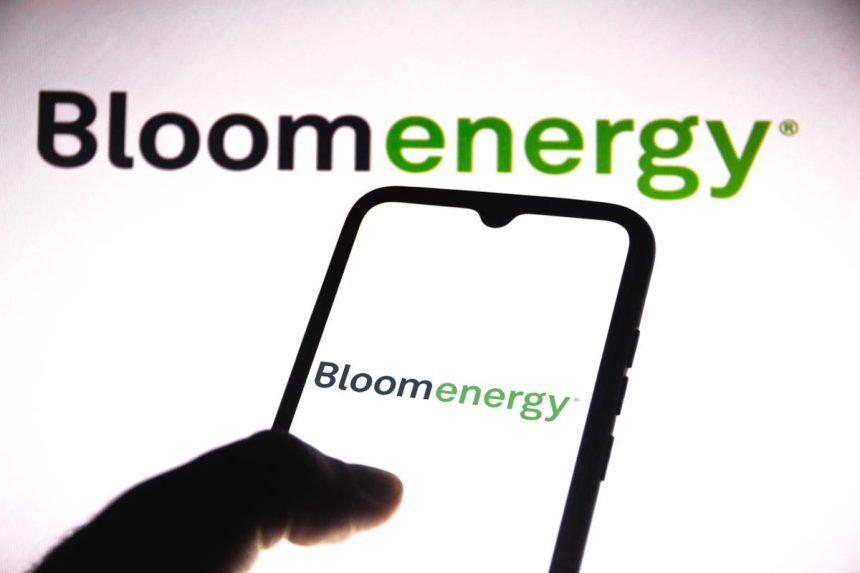Our theme of Hydrogen Economy Stocks, which includes the stocks of U.S. listed companies that sell hydrogen fuel cells, related renewable energy equipment, and supply hydrogen gas, has had a tough year, declining by about 26% year-to-date, compared to the S&P 500 which has gained over 16% over the same period. While the hydrogen theme outperformed over 2022, driven by the passage of the Inflation Reduction Act in the U.S., and an increasing urgency to reduce the dependency on fossil fuels following Russia’s invasion of Ukraine, some factors have hurt the theme of late.
Interest rates have surged, with the effective federal funds rate in the U.S. standing at about 5.33%, more than 2x levels seen in September 2022, following the Fed’s interest rate hikes. Higher interest rates are making it more expensive to finance renewable energy projects and are turning investors away from loss-making, futuristic stocks including many hydrogen players. Moreover, earnings from hydrogen fuel cell players have been lackluster. While FuelCell Energy saw revenue for Q2 2023 more than double, Q2 net loss widened to $35.1 million from a loss of $31 million in the year-ago period. The company’s backlog also fell 23% year-over-year to $1.02 billion. Bloom Energy
BE
Interestingly, BE stock has had a Sharpe Ratio of 0.3 since early 2017, lower than the 0.6 figure for the S&P 500 Index over the same period. This compares with the Sharpe of 1.3 for the Trefis Reinforced Value portfolio. Sharpe is a measure of return per unit of risk, and high-performance portfolios can provide the best of both worlds.
So, what’s the outlook like for the theme? Although hydrogen is unlikely to be as big as other renewable energy sources such as solar and wind, it could be crucial in decarbonizing the industrial sector and heavy vehicles. It could also be seen as a medium of storage of renewable electricity. While mostly external factors have been driving the theme of late, investors will need to watch for underlying improvements in hydrogen technology, which still remains expensive and hence is only being deployed at a relatively small scale making it noncompetitive versus fossil fuels. That said, governments are significantly incentivizing the space. For example, the U.S. government will award tax credits of $3 per kilogram of green hydrogen (produced via renewable energy methods or via nuclear power), with the credit scaling down for projects that emit carbon while producing hydrogen. Within our theme, First Solar
FSLR
Invest with Trefis Market Beating Portfolios
See all Trefis Price Estimates
Read the full article here




